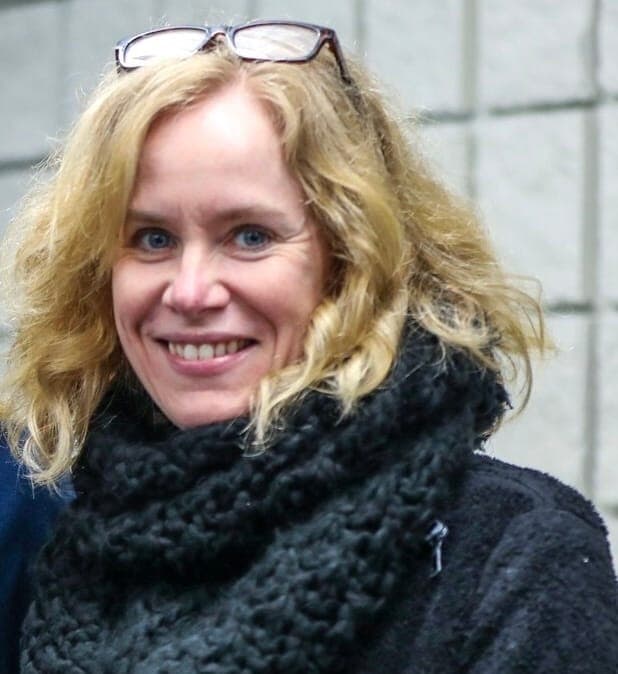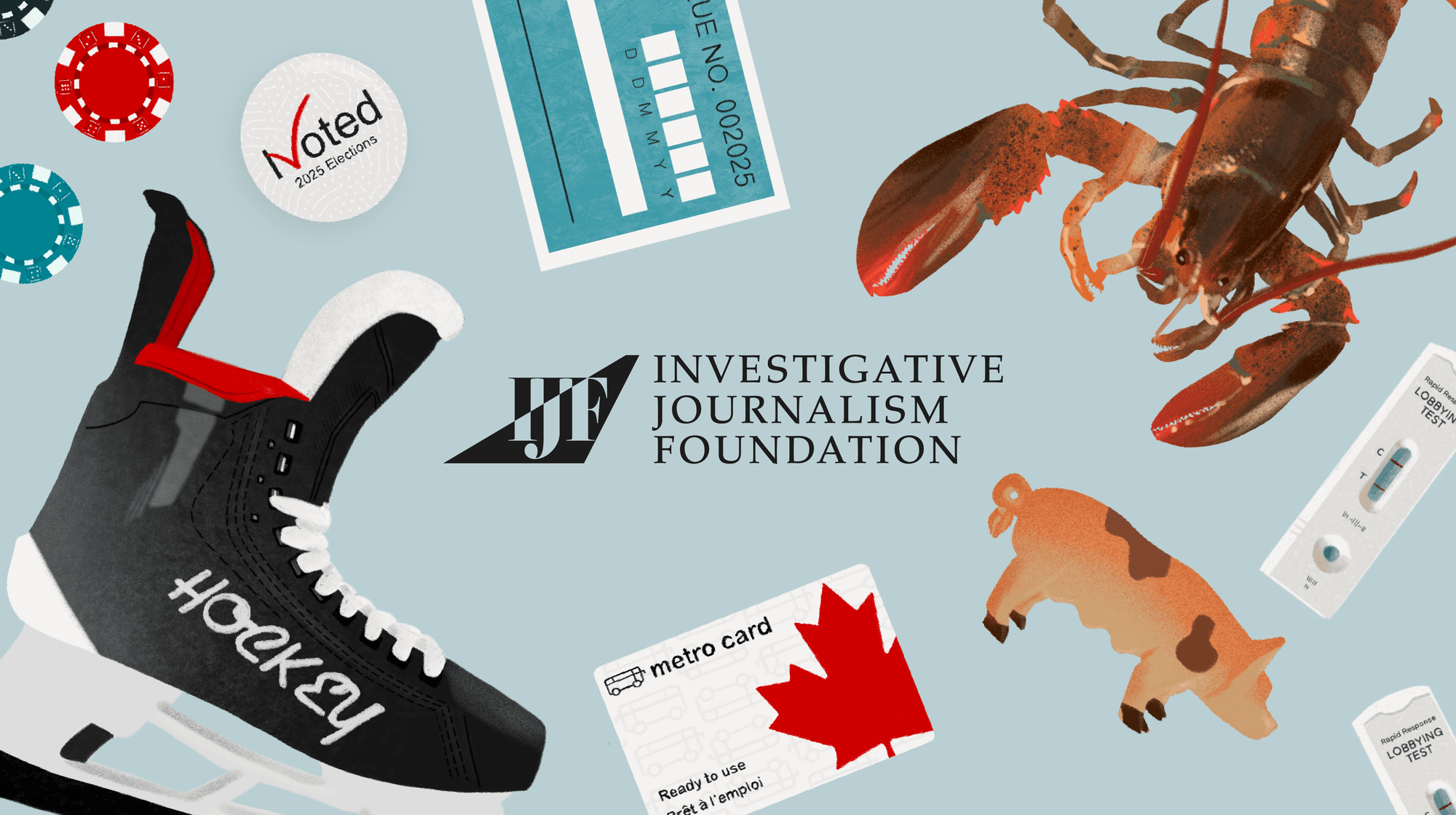
Join us and help rebuild Canadian journalism and democracy
We’re building a new journalism model. Data-driven. Radically transparent. Laser-focused on serving the public and speaking truth to power.
4 Jan 2023 • 5 min read
Copied to clipboard!


Zane Schwartz
Zane is an award-winning investigative journalist and the founder of the IJF. He is the National Chair of the Canadian Association of Journalists and an alumnus of the National Post and Maclean’s.
Democracy needs you.
Subscribe today to support independent Canadian journalism.
Dig Deeper
Our databases turn public records into public power. Dig in to find the real story on lobbying, donations, contracts, access to information releases and more.
Search
Related Articles



